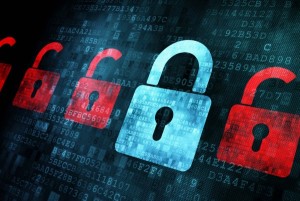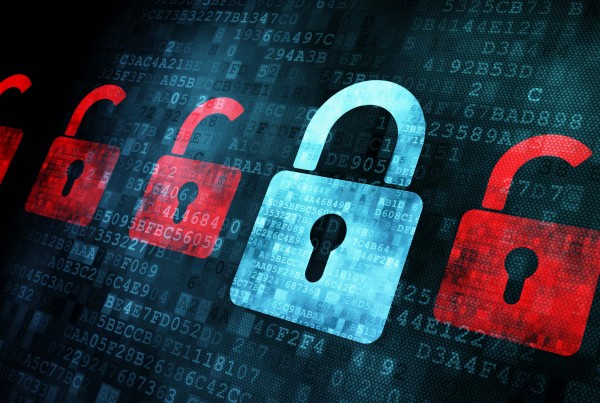 According to a study by NCSA Cyber Security, only 4% of Americans say they understand firewalls “completely”, while more than 44% don’t understand firewalls at all – or know if they have one enabled on their PC. So for those of you who feel a little unsure – below is a brief overview of why you might need a firewall.
According to a study by NCSA Cyber Security, only 4% of Americans say they understand firewalls “completely”, while more than 44% don’t understand firewalls at all – or know if they have one enabled on their PC. So for those of you who feel a little unsure – below is a brief overview of why you might need a firewall.
If your PC is connected to the Internet, you are a potential target to an array of cyber threats, such as hackers, keyloggers, and Trojans that attack through unpatched security holes. This means that if you, like most people shop and bank online, are vulnerable to identity theft and other malicious attacks.
A firewall works as a barrier, or a shield, between your PC and cyber space. When you are connected to the Internet, you are constantly sending and receiving information in small units called packets. The firewall filters these packets to see if they meet certain criteria set by a series of rules, and thereafter blocks or allows the data. This way, hackers cannot get inside and steal information such as bank account numbers and passwords from you.
Basic firewalls such as the one included in Windows, only monitor incoming traffic by default. This may give you a false sense of security. Keep in mind, outgoing traffic, with your credit card information, bank accounts, and social security number is not protected. A good firewall will monitor traffic in both directions. That is, both your incoming data and your outgoing data, keeping your private information safe. In addition to preventing unauthorized access to your PC, it also makes your PC invisible when you’re online, helping prevent attempted intrusions in the first place.
Most sophisticated firewalls also include a feature that continuously updates the list of known good and known malicious applications. This way, the amount of questions relating to Internet access is minimized and your computer protection is always up-to-date.
Although a firewall provides critical protection to keep your PC safe from unauthorized access, it cannot remove malware from a system that has already been infected. Therefore, a firewall should be used in conjunction with other proactive measures, such as anti-malware software, to strengthen your resistance to attacks.
By Jim Kubicek
For more information or complimentary consultation, contact Kubicek Information Technologies or phone 678.745.5421.



You must be logged in to post a comment Login